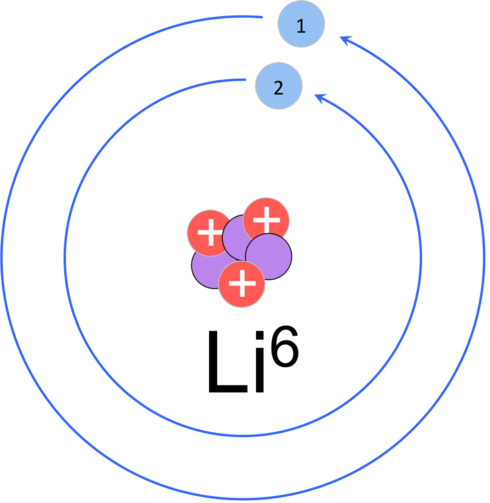North Korea has been in the news lately because of their test launching of intermediate-range ballistic missiles that might be able to carry nuclear warheads. As other nations criticized the tests, N.K. issued increasingly belligerent responses. N.K. has been accused in the past of supply or offering to supply nuclear technology to other nations in defiance of international treaties opposing the spread of nuclear weapons. Now it has been reported that N.K. has also tried to sell nuclear materials on the international black market.
U.N. investigators tracking the N.K. nuclear weapons program have announced that Green Pine, which is Pyongyang's "primary arms dealer and main exporter of goods and equipment related to ballistic missiles" tried to sell enriched lithium metal to unspecified buyers last year. Lithium has nonmilitary uses such as the manufacture lubricants and medicines. The most popular type of batteries for consumer electronics are lithium ion batteries. N.K. has large deposits of lithium which is about eight percent lithium-6. The lithium for sale by Green Pine had a high concentration of lithium-6 which is useful in the manufacture of nuclear bombs.
Lithium ore is processed to produce a much greater concentration of lithium-6. Lithium-6 can be used to create tritium, the radioactive isotope of hydrogen. Tritium can produce a flood of neutrons that can amplify the explosive power of a nuclear bomb. This allows smaller amounts of plutonium or uranium to be used in bombs that have greater power than bigger bombs without tritium neutron injection. N.K. is known to be working on reducing the size of their warheads for launch on their missiles. In addition to making tritium, lithium-6 can be used directly in the manufacture of nuclear bombs including the thermonuclear variety.
In light of the recent N.K. missile launches and belligerent statements with respect to nuclear war, the announcement of the attempted sale of lithium-6 to another nation has increased the concern of the U.S and South Korea. The U.S. and South Korea are planning joint military exercises in the near future. These military exercises are being portrayed as preparations for invasion by N.K. The N.K. government says that their nation must be prepared for all out war including the use of nuclear weapons. The U.S. has responded that any attack on S.K. will result in overwhelming retaliation by the U.S. The U.S. President has ordered B-1 and B-52 bombers to S.K. to participate in the exercises. Both of these bombers are designed to carry nuclear bombs.
The problem with threatening to use nuclear weapons to retaliate against N.K.'s use of nuclear weapons is the fact that the Korean peninsula is rather small. Any nuclear explosion on the peninsula would scatter fallout over the whole peninsula regardless of whether the North or the South caused the explosion. Multiple nuclear explosions could render the whole peninsula uninhabitable. There would be millions killed immediately and millions more would die from radiation exposure. Millions would flee into China causing a massive refugee crisis.
China is about the only friend that N.K. has in the family of nations. When China criticized N.K. for its recent missile launch, N.K. responded with hostile rhetoric. The ruler of N.K. is unstable personally and his grip on power is also unstable. There is a fear that as tensions on the Korean peninsula increase, there might come a point where the N.K. ruler decides that a desperate attack on S.K. and other neighbors might be his only choice.
